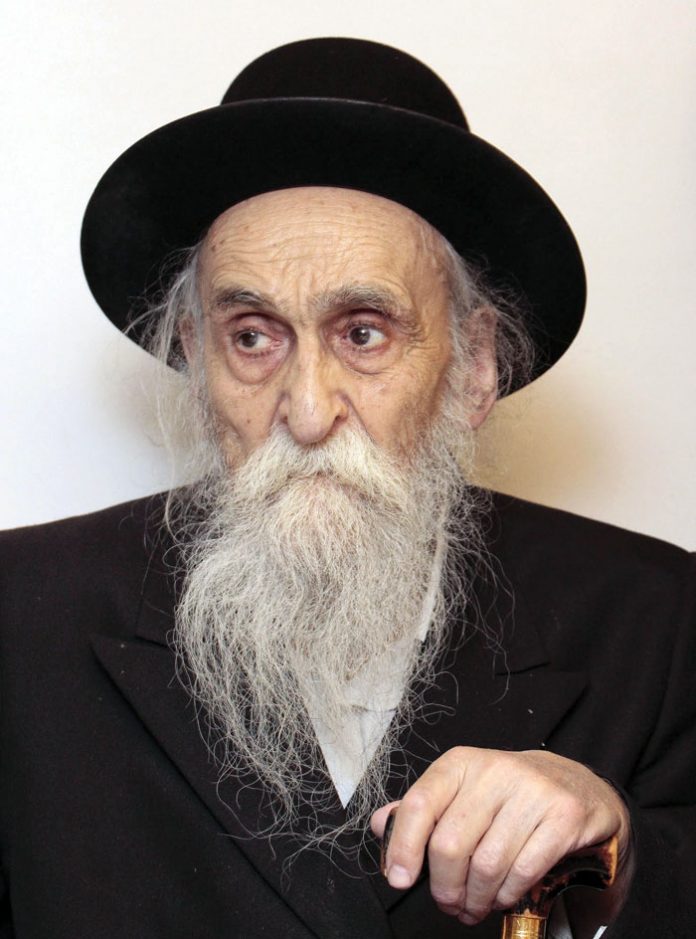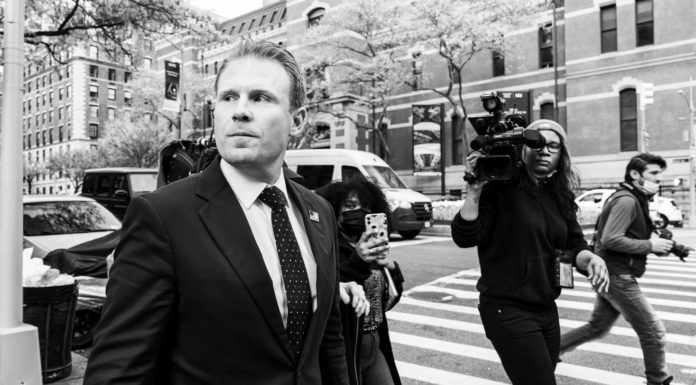The issue of drafting yeshivah students is, unfortunately, back in the news. In fact, it never left. Ever since Israel’s founding prime minister, David Ben-Gurion, agreed to exempt the bnei hayeshivos from military service in 1949, excusing some 400 students on the grounds that “their studies are their craft,” relentless efforts have been made by various parties to bring that exemption to an end. Moreover, each time a deal was struck with certain chareidi leaders to maintain the exemption with a variety of provisos, those deals were found to be unacceptable by other chareidi leaders. Indeed, nothing has so divided the Orthodox Jewish community in recent times as this issue.
In a country where most Jewish men and women are conscripted for military service in the Israel Defense Forces at the age of 18, the IDF is hailed by secular Israelis as an indispensable social equalizer and melting pot. That is precisely why the impassioned debate over exemptions for chareidi Jews who are engaged in full-time Torah study goes to the heart of the struggle for the preservation of the Jewish religion, as well as the future character of the Jewish state.
A few weeks ago, I had the great privilege to meet with Mori V’rabi Rav Dovid Soloveitchik, shlita, about the issue of giyus. That was not my first in-depth conversation with the Rosh Yeshivah about this important topic. In 2013, he summoned me to Eretz Yisrael before Pesach and asked that I write about the attempts that were being made by the Israeli government to make reforms in the chareidi community by conscripting yeshivah students and threatening those who resisted with incarceration.
In retrospect, there was an eerie similarity between those two meetings, both having occurred around the same time Israel’s Supreme Court invalidated a law that allowed exemptions for yeshivah students. Indeed, just two weeks before the latter meeting, the Court had ruled that the exemptions contradicted the basic principle of equality. Thus, the two conversations about the draft took place almost under identical circumstances.
Rav Dovid was one of the first to speak out in 2012 against Israel’s attempts to reform the Orthodox community under the banner of equality, and is now doing so again.
Tal Law
In order to understand the recent developments, perhaps it is best to start with the Tal Law. In August 1999, Prime Minister Ehud Barak appointed an advisory committee to examine the military exemption granted to yeshivah students and to propose terms for either its continuation or its abolishment. The committee, initially headed by former Supreme Court justice Tzvi Tal and including members of the chareidi establishment—most notably the son of Rav Nissim Karelitz, Rabbi Mordechai Karelitz, then mayor of Bnei Brak—recommended that the exemption be maintained subject to certain conditions.
While many leading gedolim endorsed the committee’s recommendations, many in the chareidi rabbinical leadership ferociously opposed it. Notwithstanding these internal disagreements, on July 23, 2002, the Knesset passed the Tal Law adopting the committee’s recommendations. The law sought to encourage chareidi enlistment without coercion by allowing full-time yeshivah students to delay their army service until 23. Upon reaching that age, they would be given the option of continuing to study full time, serving in the army for a 16-month period of time (instead of the usual three years), or doing a year of national service. Afterward, they would be permitted to join the workforce.
Five motions against the law were filed with Israel’s Supreme Court, claiming that it violated the principle of equality. In response to a Supreme Court petition, the government admitted in 2005 that the Tal Law had failed to increase enlistment of chareidi Jews. In August 2012, the Supreme Court declared the law unconstitutional.
During the 2013 election campaign, Yair Lapid, the leader of the centrist Yesh Atid Party, and Naftali Bennett, of the right-wing Jewish Home Party, both championed the drafting of yeshivah students under the banner of “sharing the burden.” After those elections, Yesh Atid entered the coalition as the second-largest party after Mr. Netanyahu’s Likud. The chareidi parties were excluded. Mr. Lapid advanced legislation to phase out exemptions for the chareidim, instituting annual quotas for the enlistment of yeshivah graduates and sanctions for those who evaded the draft. It was supposed to take effect at the end of this year.





















